This post was written, and the interview conducted, by Taran Catania ’20.
In the fight against COVID-19, medical facilities worldwide are lacking personal protective equipment (PPE). But The Sustainable Innovation MBA’s very own Than Moore ‘20 has teamed up with several classmates to launch a new initiative, Gowns4Good, to get graduation gowns in the hands of healthcare providers who desperately need PPE.
Now part of the Gowns4Good team myself, I sat down with Than to ask him more about his mission to protect healthcare heroes on the front lines of COVID-19.
Than, before we dive into the Gowns4Good origin story, tell us a little more about yourself.
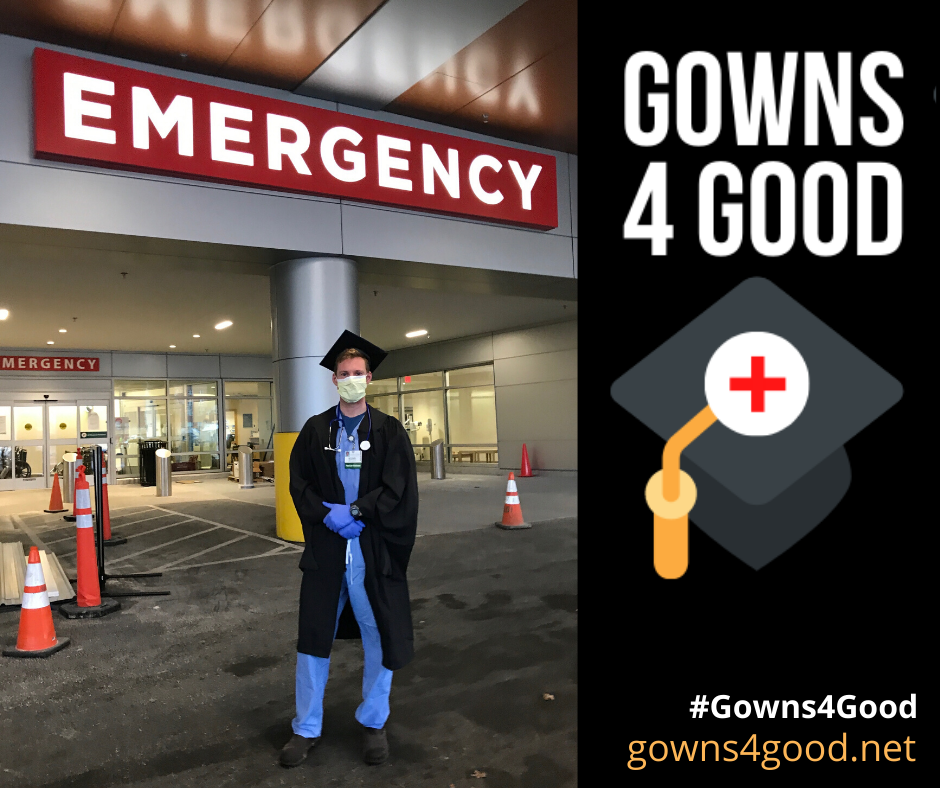
My name is Nathaniel Moore, but I go by Than. I’ve been practicing as an emergency medicine physician assistant at the University of Vermont (UVM) Medical Center for the past five years. I’m also a current Sustainable Innovation MBA student at UVM and will begin medical school at the Larner College of Medicine in the fall.
What made you first think of the idea for Gowns4Good?
As a single medical provider, I see a finite number of patients per shift. I so value my efforts to uphold the highest quality of care for my patients, but I felt like I had more to offer. There are so many individuals worldwide suffering tremendously from the effects of COVID-19. Reading countless headlines about this devastating disease, I was struck by the image of healthcare workers lacking PPE and wearing black trash bags as makeshift gowns.
While this news simmered in the back of my mind, I was also heartbroken for all the graduating seniors whose commencement ceremonies were being postponed or canceled to adhere to social distancing guidelines. Then, it clicked that there could be a helpful connection here.
So wait, graduation gowns work as PPE?
Compared to trash bags or other alternative forms of PPE, graduation gowns are more effective given their length, sleeves, and easy donning with zippered access. Although efforts are being made to increase PPE production, worldwide demand is increasing too quickly. There are so many new gowns that will go unworn as graduations are being canceled and used gowns collecting dust in people’s closets. Why not put these gowns to better use? There is no better way to honor your senior or your alma mater than to donate to desperate healthcare workers.
How did you go from this graduation gown idea to the full-fledged Gowns4Good project?
Well, it helps that I’m currently in a business school that emphasizes sustainable innovation. Like any successful project, it is only as good as your teammates. I bounced the idea off of a few medical colleagues and then turned to my classmates who shared my similar excitement. It was incredible to watch them utilize the tools from our curriculum and apply them in this real world situation. I am so impressed by their collaborative efforts and am thankful to be surrounded by a team of such talented friends. In two days, we went from a hypothetical idea to a fully functioning organization making national headlines helping those in need.
As a medical provider yourself, can you describe the significance of helping someone else have access to PPE in the fight against COVID-19?
It is scary enough for me to care for a panel of COVID patients with adequate protection, and I am devastated to imagine my colleagues practicing without proper PPE. I do not wish for anyone to feel unsupported through this pandemic. It is hard on families, friends, and strangers near and far. We are all in this together. I hope to do all I can to make an impact both within my community and beyond to provide support for those on the front lines.
Gowns4Good is just another way we can support each other. To all of the people who have believed in us and contributed to Gowns4Good thus far, we are forever grateful. Thank you for supporting our healthcare heroes. In the meantime, stay home, stay healthy, and stay safe.
To donate gowns, please go to gowns4good.net/donate-gowns. You can also support Gowns4Good by making a contribution to offset shipping costs or by recruiting your school. For any inquiries, please reach out to Gowns4Good@gmail.com. Find them on Gowns4Good.net or with #Gowns4Good on Facebook, Instagram, Twitter, and LinkedIn.



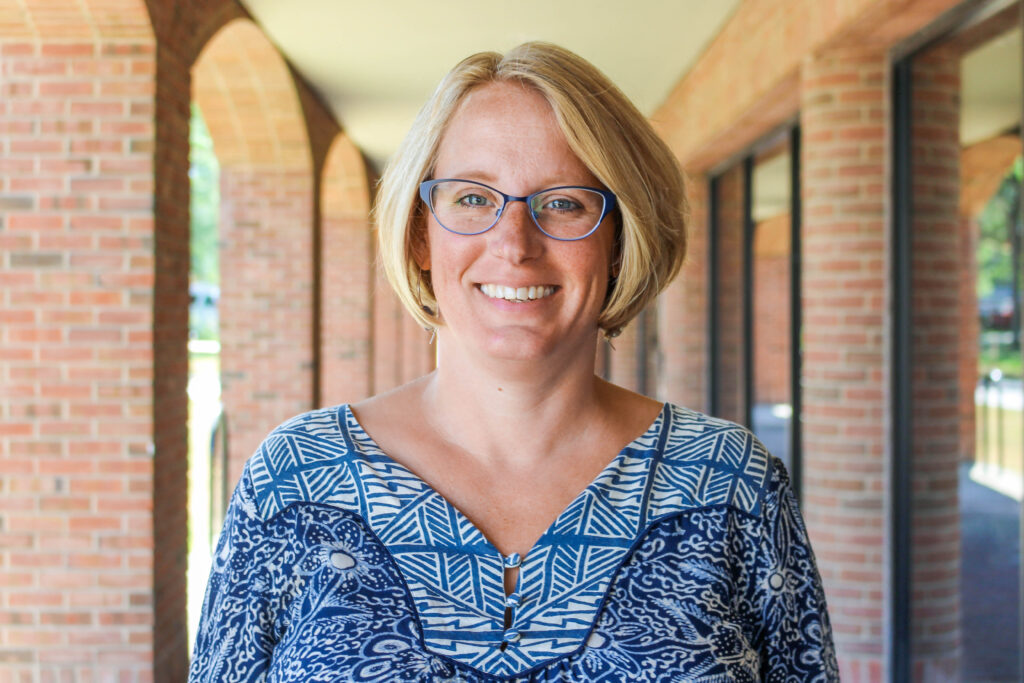
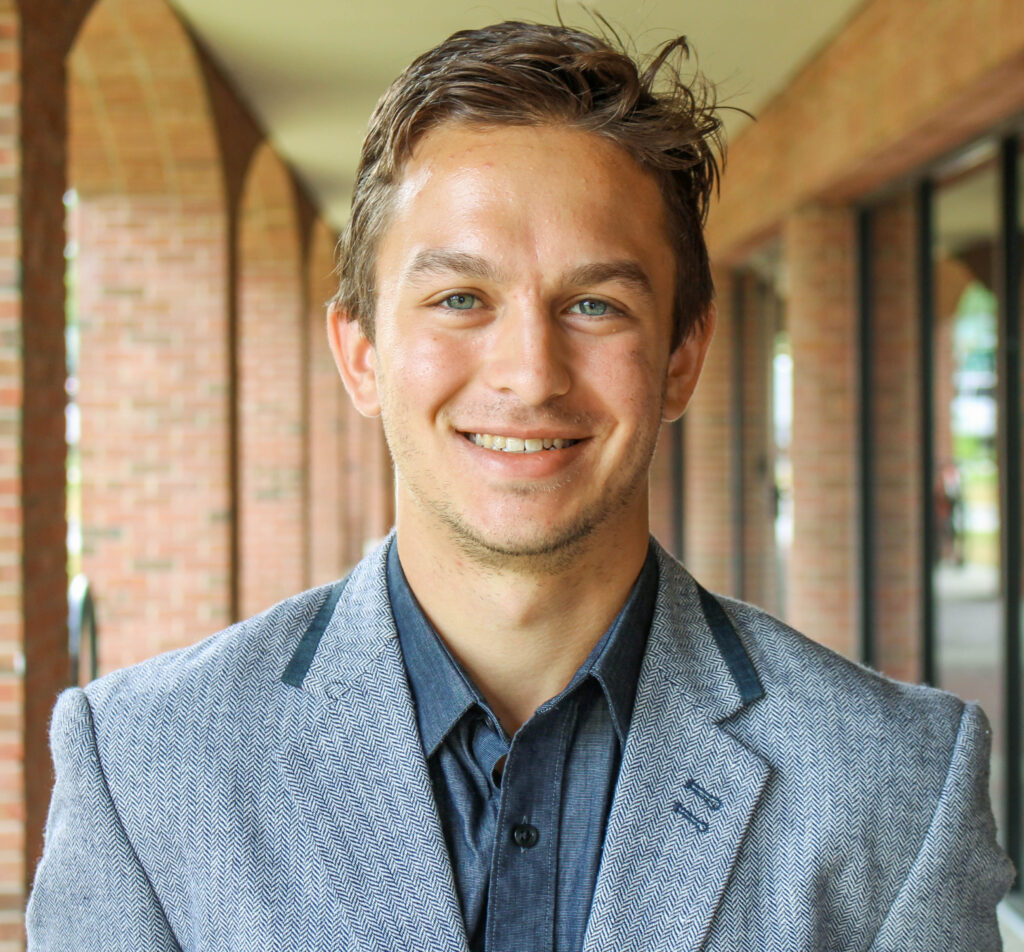
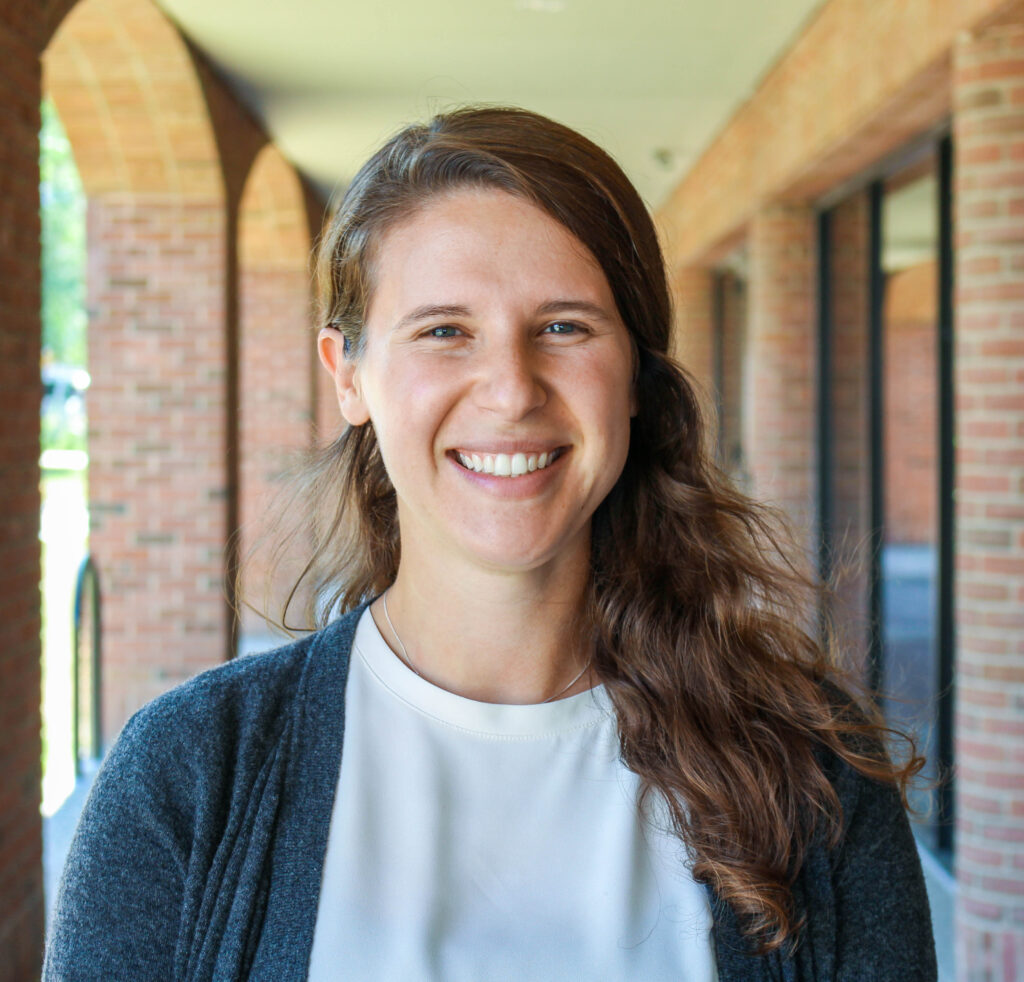
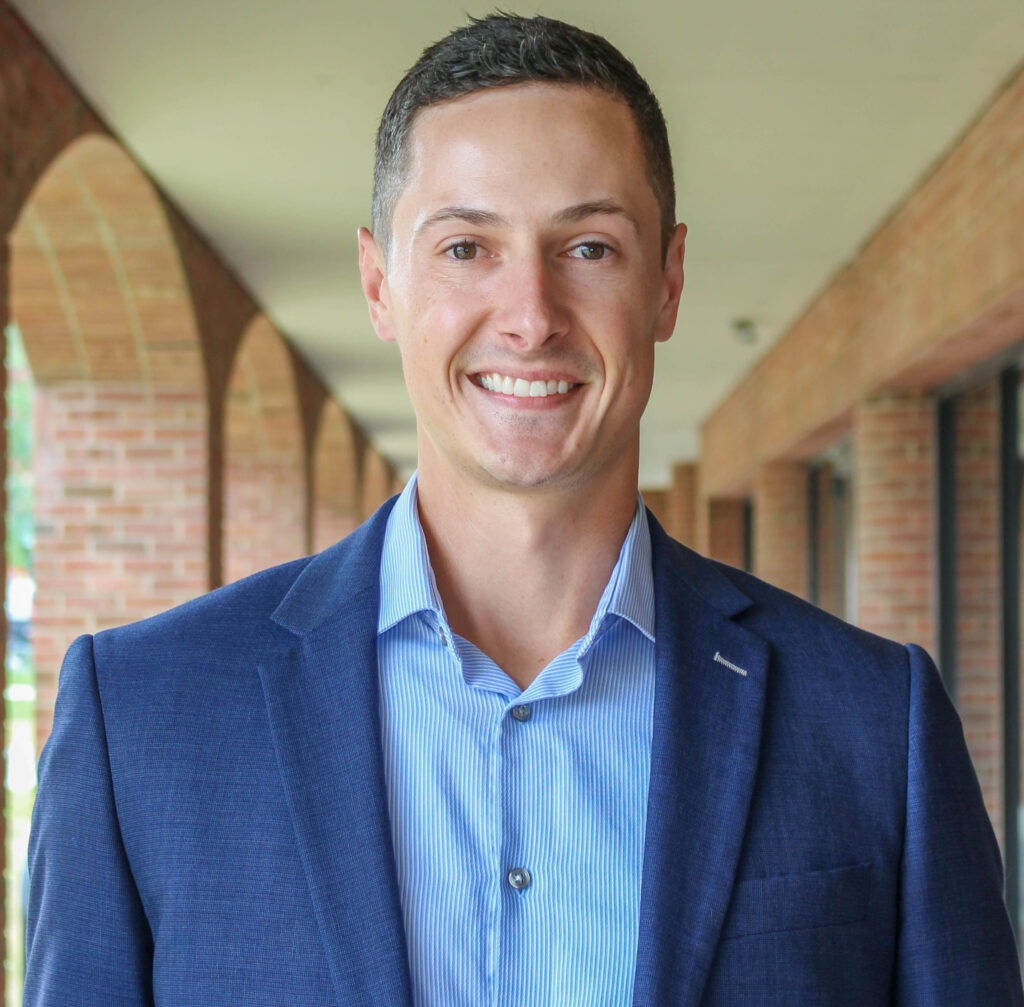
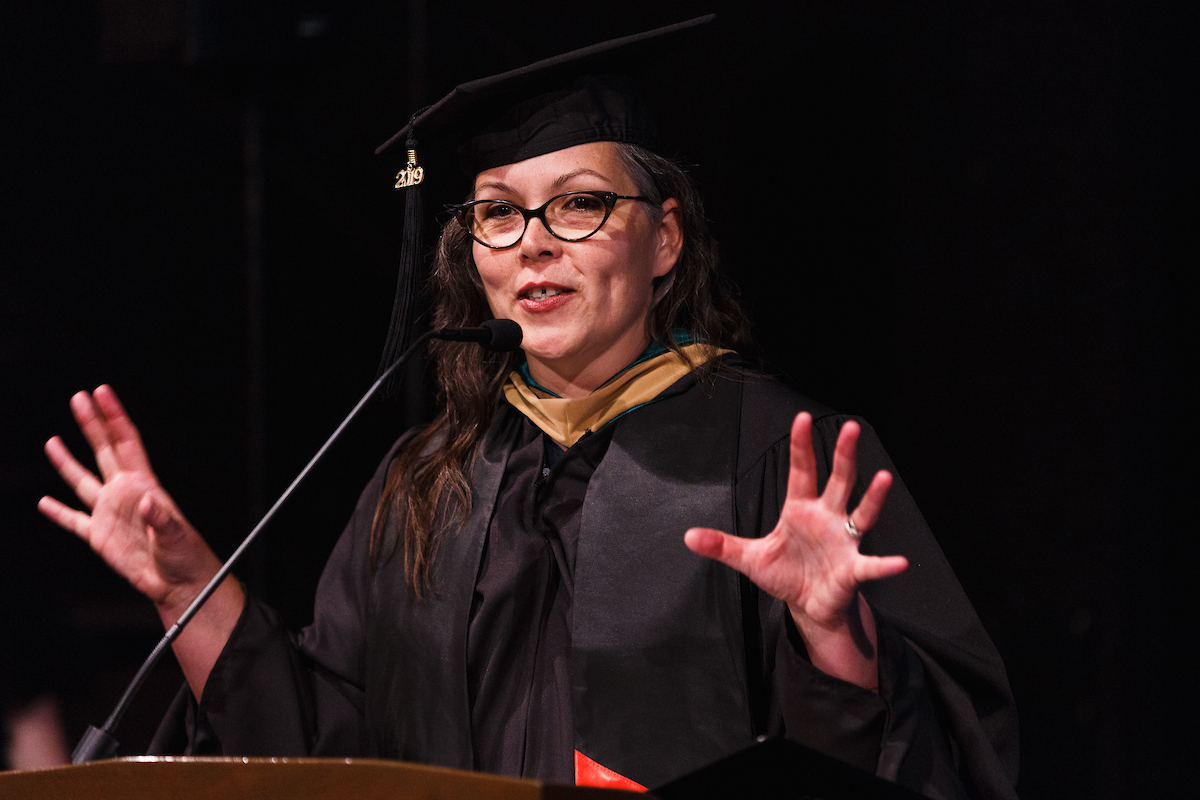
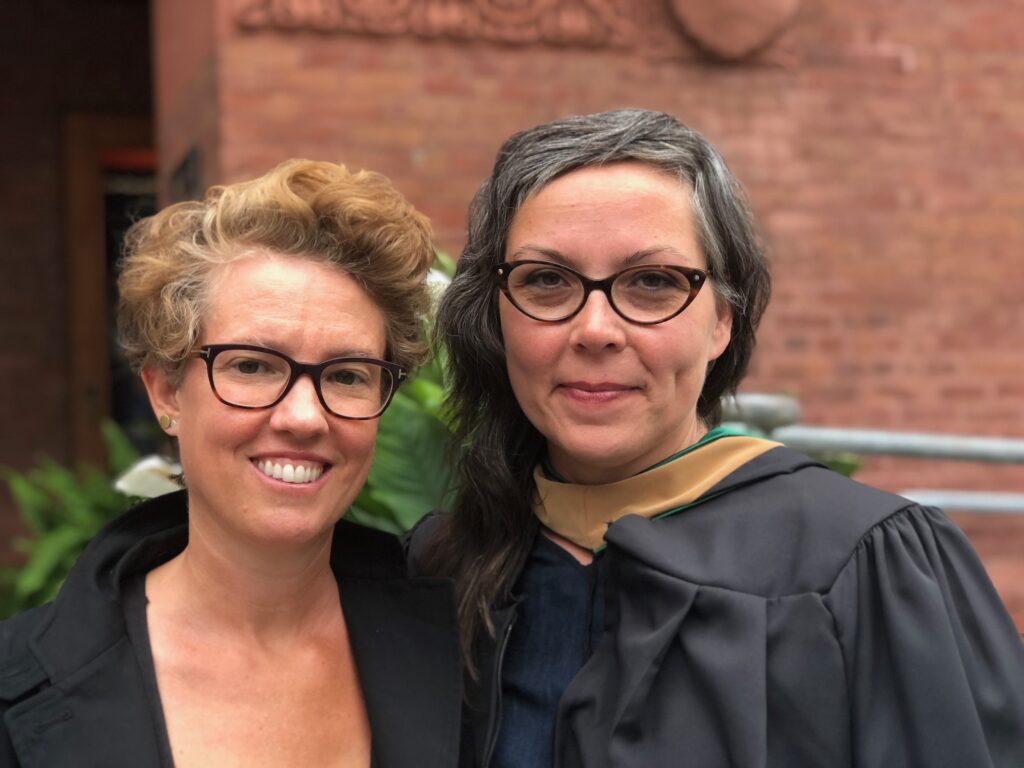
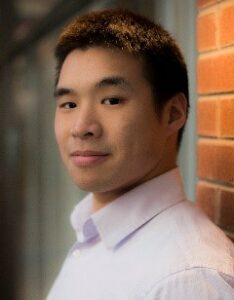 I’ve been searching for an MBA program for quite some time, but was having difficulty finding one I was excited about until I cam across The Sustainable Innovation MBA program. I knew that I wanted to incorporate sustainability components into my career, so this program felt like the perfect fit for me.
I’ve been searching for an MBA program for quite some time, but was having difficulty finding one I was excited about until I cam across The Sustainable Innovation MBA program. I knew that I wanted to incorporate sustainability components into my career, so this program felt like the perfect fit for me.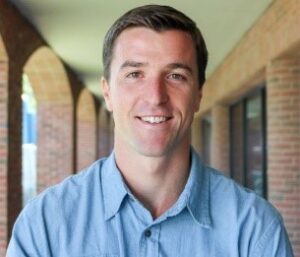 I wanted to continue working in a field that made a positive impact in our communities and on the world in general and felt the the private sector was the right place to move into, but I wanted — and needed — to expand my professional toolkit first.
I wanted to continue working in a field that made a positive impact in our communities and on the world in general and felt the the private sector was the right place to move into, but I wanted — and needed — to expand my professional toolkit first.